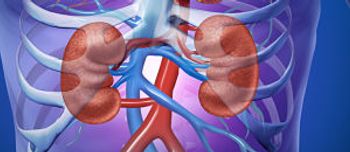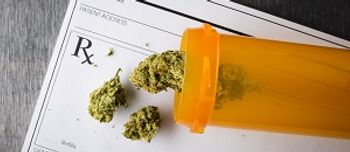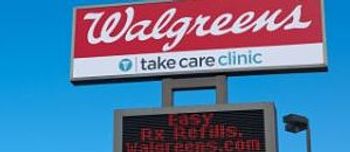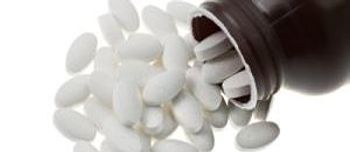
One major addition to the 2015 American Geriatrics Society Beers Criteria is a renal dosing table.

One major addition to the 2015 American Geriatrics Society Beers Criteria is a renal dosing table.

As the number of patients with gout continues to rise, it's helpful for pharmacists to know which natural remedies can help relieve their discomfort.

Arbitrary antibiotic use is running rampant in nursing homes, but pharmacists can be valuable players in supporting stewardship efforts.

Despite lingering controversy around marijuana, the use of medical cannabis for various conditions is accepted across a wide spectrum of states.

Critical patient information is not always properly communicated between long-term care (LTC) facilities and geriatric emergency departments (EDs).

Pharmacists providing care for older patients should familiarize themselves with the 2015 American Geriatrics Society Beers Criteria.

Because a pharmacist has no legal obligation in most scenarios to notify a patient when one of their medications has been recalled, it pays for patients to be as proactive as possible.

Rite Aid will retain its brand name for the immediate future.

Walgreens will acquire Rite Aid in a takeover deal that will combine the nation's second- and third-largest pharmacy chains, pending regulatory approval.

Major challenges include a lack of incentives for plans, providers, and beneficiaries.

Lawmakers are seeking input on potential improvements for the medication therapy management (MTM) program for Medicare Part D beneficiaries.

Many younger women who experience a heart attack are not prescribed cardioprotective medications afterwards, new research suggests.

Misinformed patients may be inadvertently harming themselves with medications.

Iris Gill recently celebrated her 4th birthday with a party completely inspired by her favorite pharmacy.

CVS Health and IBM have forged a partnership to leverage technology in chronic disease prevention and management.

New Jersey has enacted a law to stop the sale of OTC products containing dextromethorphan (DXM) to children under 18 without a prescription.

Affected providers will be unable to enjoy 340B discounts for any orphan drug used for any purpose.

An analysis from the Congressional Budget Office estimates that a patent law change sought by brand name pharmaceutical industry stakeholders would add $1.3 billion in costs over 10 years to the US health care system by delaying generic drugs' entry to the market.

Rural and cancer hospitals will no longer have access to 340B discount pricing for orphan drug purchases.

The best-selling brand-name drugs are not necessarily the most-prescribed medications in the United States.

Contrary to a prior theory, substituting saline with a buffered crystalloid solution doesn't reduce the risk of kidney injury or failure in the intensive care unit (ICU).

The placebo effect is growing stronger in US clinical trials for chronic pain medications.

The FDA and pharmaceutical companies together initiated several noteworthy product recalls and market withdrawals in the last few months.

Office of Generic Drugs will no longer require final printed labeling to approve Abbreviated New Drug Applications.

The FDA's Office of Generic Drugs (OGD) will no longer require final printed labeling to approve Abbreviated New Drug Applications (ANDAs).

Agreement represents the largest regional trade accord in history, which could have wide ranging impact on health care.

Pharmacists should take some time to counsel patients on the pros and cons of each antidepressant to help them select the best regimen.

Pharmacists can lead by example by promoting the FDA's patient safety initiatives in their practice settings.

The historic Trans-Pacific Partnership negotiations finalized today could affect the cost of health care in significant ways.

Side effects may vary, and occasionally take an odd turn.